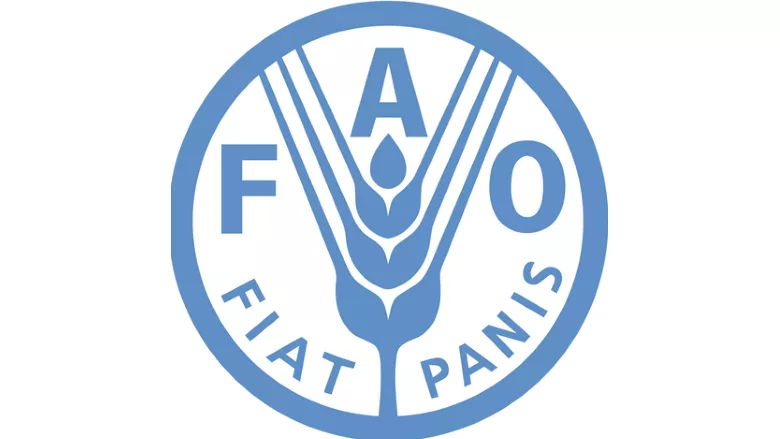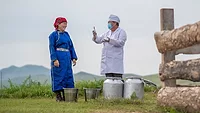FAO Publishes Summary of Work Against AMR in 2020–2022

A recent publication from the Food and Agriculture Organization of the United Nations (FAO) describes the organization’s work during 2020–2022 to curb antimicrobial resistance (AMR) in food and agriculture, guided by the FAO Action Plan on Antimicrobial Resistance 2021–2025.
FAO’s works to tackle AMR in the agrifood sector alongside key partners through the Quadripartite collaboration, including the United Nations Environment Program (UNEP), the World Health Organization (WHO), and the World Organization for Animal Health (WOAH). The Quadripartite released its first formal Strategic Framework in 2022. Major initiatives supported by the Quadripartite include the Multi-Partner Trust Fund (MPTF), which is fostering action on AMR in 10 countries in addition to several global activities, such as supporting advocacy groups like the Global Leaders Group on AMR and the AMR Multi-Stakeholder Partnership Platform.
FAO also works on AMR with the U.S. Agency for International Development (USAID), the Fleming Fund in the UK of Great Britain and Northern Ireland, the Republic of Korea’s ACT (Action to Support Implementation of Codex AMR Texts) project, the EU, bilateral partners, academia, and professional and civil society organizations.
FAO’s sector-specific work on AMR also focuses on developing global tools for adaptation and use at regional and country level, as well as providing tailored technical support for the implementation of countries’ national AMR action plans. Major tools and initiatives include:
- The Progressive Management Pathway for Antimicrobial Resistance (FAO-PMP-AMR), used by 23 countries to develop and/or enhance the implementation of national AMR action plans through a stepwise approach to the management of antimicrobials and AMR response in agrifood systems
- The International FAO AMR Monitoring Platform (InFARM), which aims to support the generation, sharing, and analysis of AMR data in the food and agriculture sector and is now being piloted at country level
- The FAO Assessment Tool for Laboratories and Antimicrobial Resistance Surveillance Systems (FAO-ATLASS), used in 28 countries in 2021 and 2022
- Implementation of the international standards such as the Codex Alimentarius texts by FAO and WHO related to foodborne AMR
- The Reduce the Need of Antimicrobials in the agrifood systems initiative, a global effort to reduce the need of antimicrobial use (AMU) and to promote the prudent and responsible use of antimicrobials and good practices in agrifood systems
- AGRIWASH, a tool to assess the implementation of contamination prevention and control, including water, hygiene, sanitation and wastewater management.
To date, FAO has directly supported AMR-related activities in the food and agriculture sector in 47 countries in Africa, Asia, Europe, Latin America, and the Caribbean.
Looking for quick answers on food safety topics?
Try Ask FSM, our new smart AI search tool.
Ask FSM →









